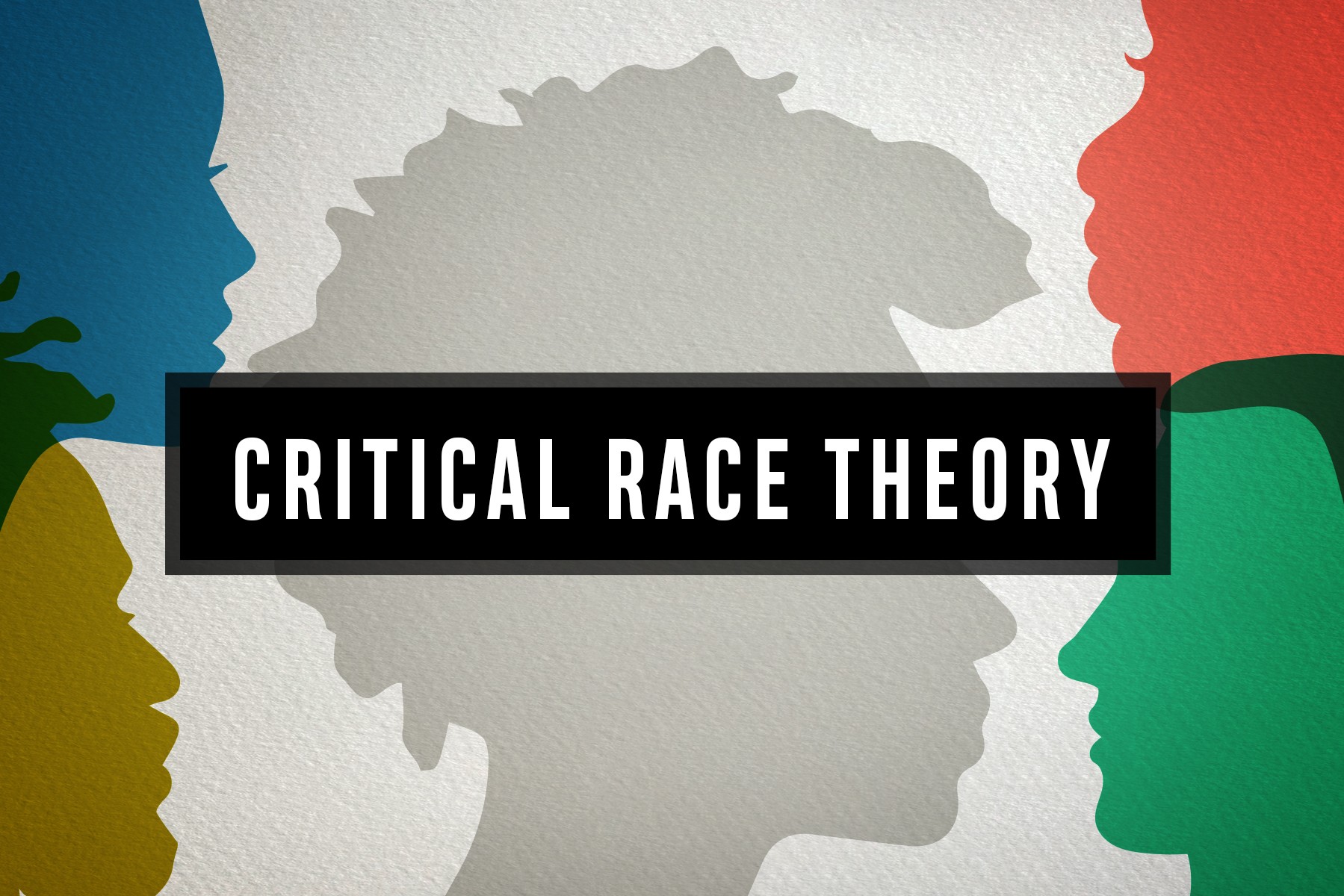“Awakening the Soul: Embracing life, liberty, and the pursuit of happiness through consciousness and spirituality” is a profound journey of self-discovery and inner transformation. In this inspiring book, readers embark on a quest to explore the depths of their souls, uncovering the essence of life’s true purpose. Through a fusion of consciousness and spirituality, the pages of this book offer a guiding light to attain a profound understanding of one’s core values and beliefs, fostering a deeper connection with oneself and the world around. Delving into the power of mindfulness and self-awareness, the book opens doors to compassion and empathy, igniting a sense of responsibility towards advocating for justice and liberty for all. Drawing from ancient wisdom and modern insights, “Awakening the Soul” provides a roadmap to embrace life’s joys and challenges, empowering readers to align their actions with the pursuit of happiness and profound fulfillment.
In this passage, the book discusses how the law of attraction can be a catalyst for personal growth. The law of attraction is a belief that like attracts like, meaning that our thoughts and emotions can attract similar energy and experiences into our lives. By embracing the concept of the law of attraction, individuals are encouraged to engage in self-realization, which involves gaining a deep understanding of oneself, including one’s strengths, weaknesses, desires, and beliefs. This process of self-awareness enables individuals to identify and align with their spiritual potential, recognizing the innate power and possibilities within themselves. By focusing on positive thoughts and emotions, individuals can attract positive experiences and opportunities, ultimately leading to personal growth and transformation. Embracing the law of attraction can empower individuals to become more intentional in their actions, choices, and mindset, leading to a fulfilling and spiritually enriched life journey. If you would like to purchase this book, just click on the link : https://www.amazon.com/Awakening-Soul-Embracing-Consciousness-Spirituality/dp/B0C7JCYKTJ/ref=sr_1_13?crid=33QYW714MA09Z&keywords=Kenneth+Dantzler+Corbin&qid=1689858193&sprefix=kenneth+dantzler%2Caps%2C4184&sr=8-13






